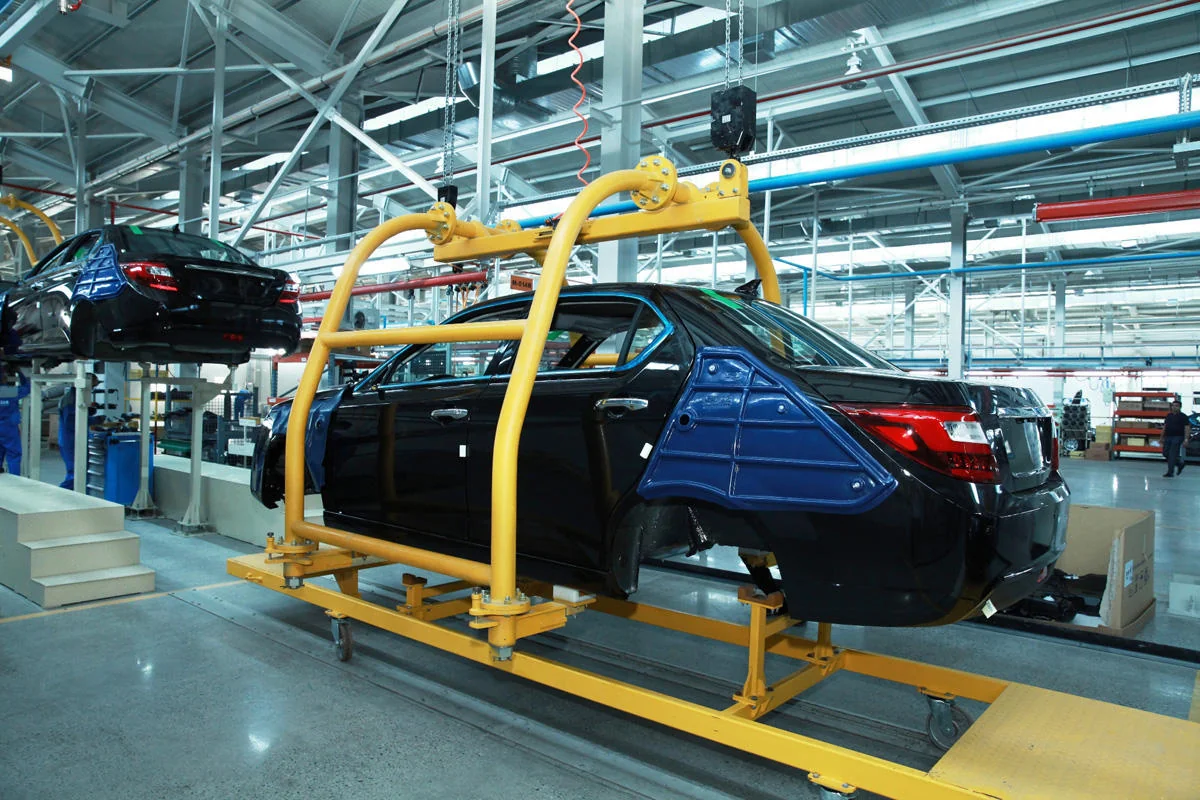Global carmakers quietly cutting ties with China
- 27 December, 2022
- 12:43

International carmaker groups have launched a quiet yet concerted effort to cut their reliance on China’s sprawling network of components makers, according to industry executives and supply chain experts, Report informs referring to Financial Times.
“There is a large-scale rethinking of logistics operations [across the industry],” said Ted Cannis, a senior executive at Ford. “The supply chain is going to be the focus of this decade.”
The move has been prompted by two developments. The first is uncertainty caused by China’s zero Covid-19 policy that forces plants to close at short notice.
“The longer the pandemic stretches, the more uncertainty there is,” Volvo Car boss Jim Rowan said earlier this year, when announcing the Geely-backed carmaker was increasing its use of non-Chinese components.
But the second is a longer-term concern about a larger political decoupling in the event of a breakdown in China’s relations with the international community, similar to Russia, that could threaten trade.
Although most international groups are unlikely to abandon the Chinese market entirely because of its size, they expect the flow of components from the country to plants across the world to fall over time.
Consequently, foreign manufacturers aim to make parts and cars inside China exclusively for use within the country.
This cuts their reliance on Chinese factories for goods sold overseas, while retaining a secure local supply chain for their own plants inside the country.
A quarter of China’s exported car parts end up in US plants at present, said a report from Sheffield Hallam University in December, which highlighted the country’s rise as a global supplier over the past two decades.
In private, car bosses draw parallels with their experience in Russia after President Vladimir Putin’s invasion of Ukraine.
Then, groups from Renault to Mercedes-Benz were forced to wind down or sell plants in Russia, while key components, such as palladium, had to be sourced elsewhere.
Mazda said it was shifting production of some components made in China to its home market in Japan.
Both Ford and General Motors have been proactively shifting parts out of the country for their US factories for more than a year, according to several people.
GM said: “Most of the parts we use in North America are already sourced in North America, and supply chain challenges over the past few years have reinforced the value of the resilience of our sourcing.”
The company added that “most of our sourcing in China is for production in China”, and “we plan to continue this approach”.
Supply chain risks are greater for the German carmakers Mercedes, BMW and particularly Volkswagen.
